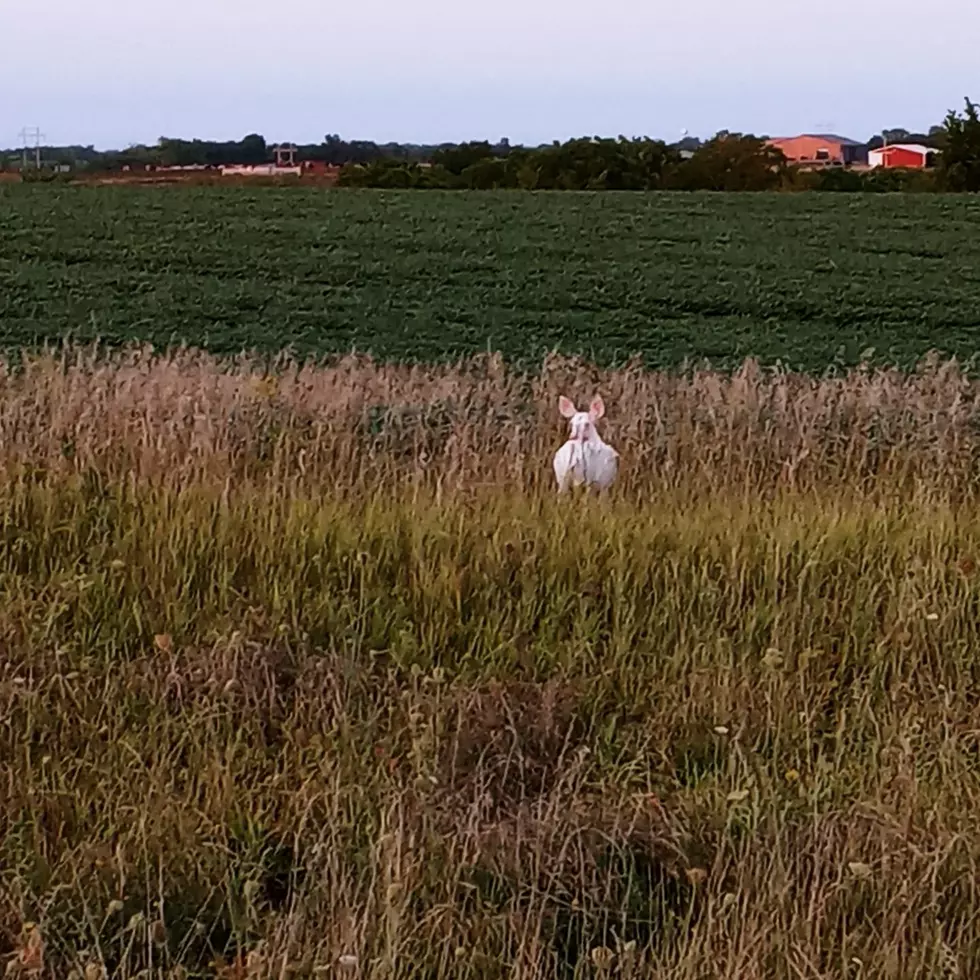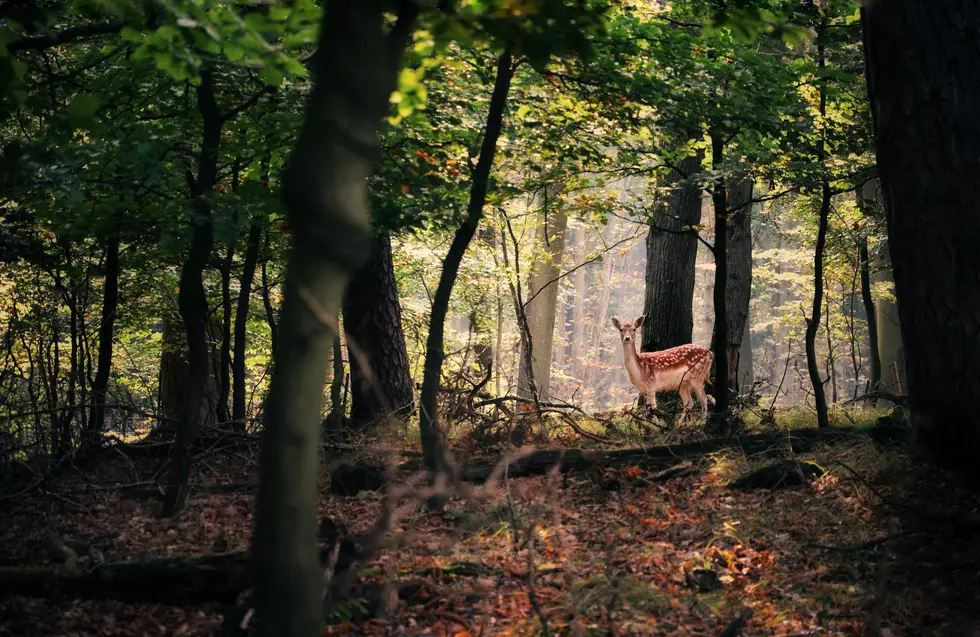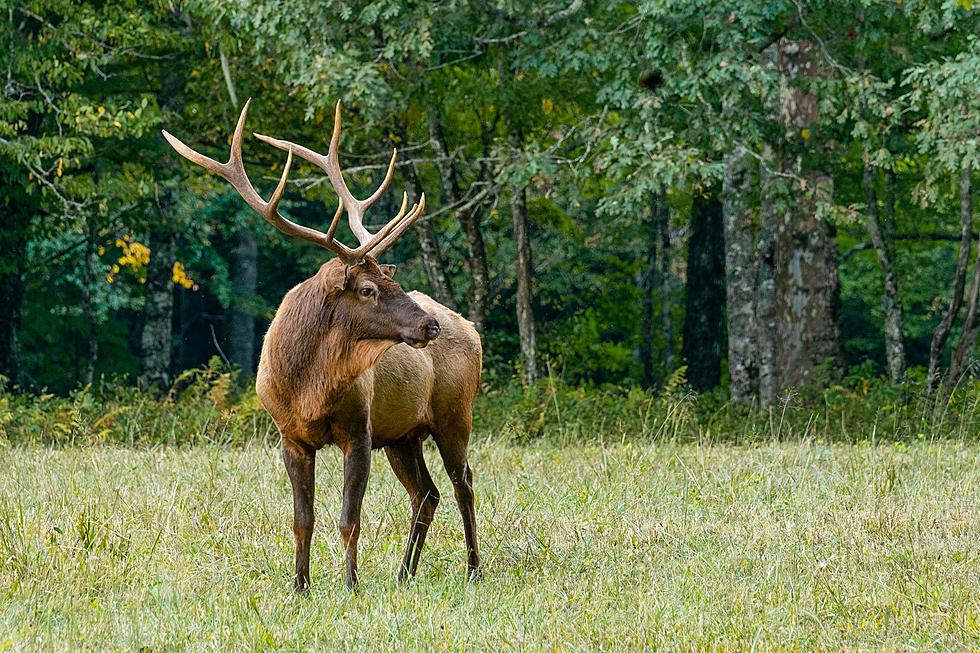
Donated Venison Not Tested For Deer-Killing Disease In Iowa
As the first deer shotgun season nears its end and the second season begins, the Iowa Department of Natural Resources reminds people of the HUSH program.
HUSH stands for Help us Stop Hunger. This program along with the Iowa Deer Exchange, helps hunters provide others with venison… legally. It is illegal to sell wild fish and game in Iowa.
In 2020-21, this program helped donate 50,000 pounds of venison to the Food Bank of Iowa.
This donation was made possible through the collaboration of deer hunters, Iowa’s six Feeding America food banks, and the Iowa DNR. Hunters are able to donate legally harvested deer to participating meat lockers, which get the meat ready for the food banks.
But with all the meat that is donated, there are no rules in place to test it.
Chronic wasting disease, which is caused by an abnormal protein that destroys nerve cells, is fatal to deer. These proteins can be present in the deer’s bodies or even antlers.
These proteins are not killed off when the meat is cooked, however, there is no research saying tainted meat is a threat to humans. The Centers for Disease Control and Prevention does recommend against eating it though.
Despite recommendations, there have been no standards put into place for those donating meat through HUSH.
Chronic wasting disease has been found in 165 deer in 12 of Iowa’s counties. Northeast Iowa counties and Wayne County have the greatest concentrations of the disease.
The disease can be tested for through samples of lymph nodes. Deer can be tested for $25 through the DNR.
The deer shotgun seasons in Iowa run from Dec. 3 to 7 and Dec. 10 to 18 this year.
Preparing For Power Outages On The Farm
Iowa Farm Land Sets New County Record
More From AM 950 KOEL
![Morgan Wallen Bags a Buck While Hunting in Iowa [PHOTO]](http://townsquare.media/site/675/files/2024/01/attachment-Morgan.jpg?w=980&q=75)
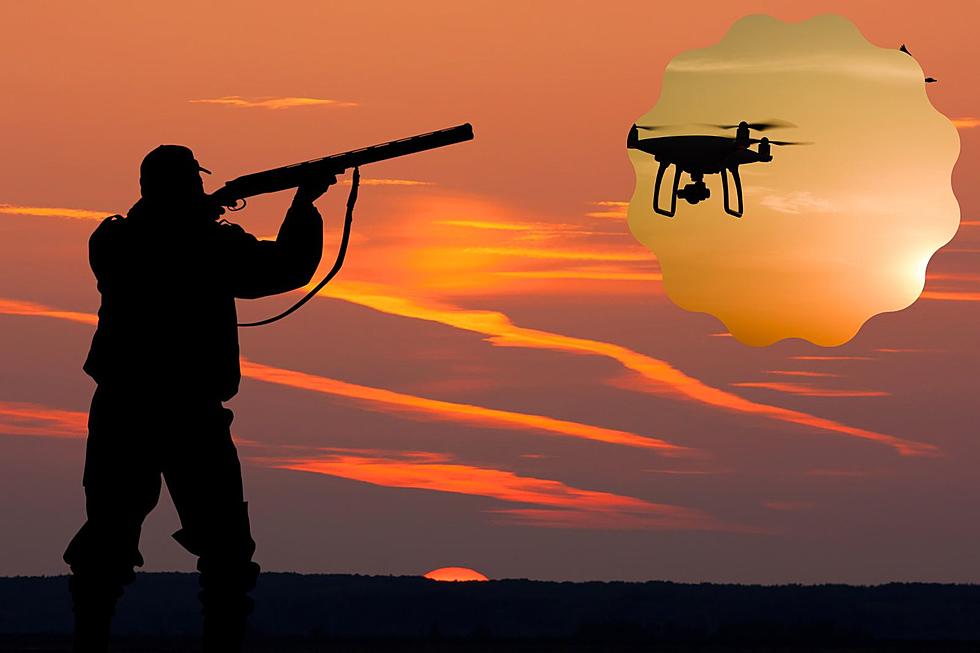
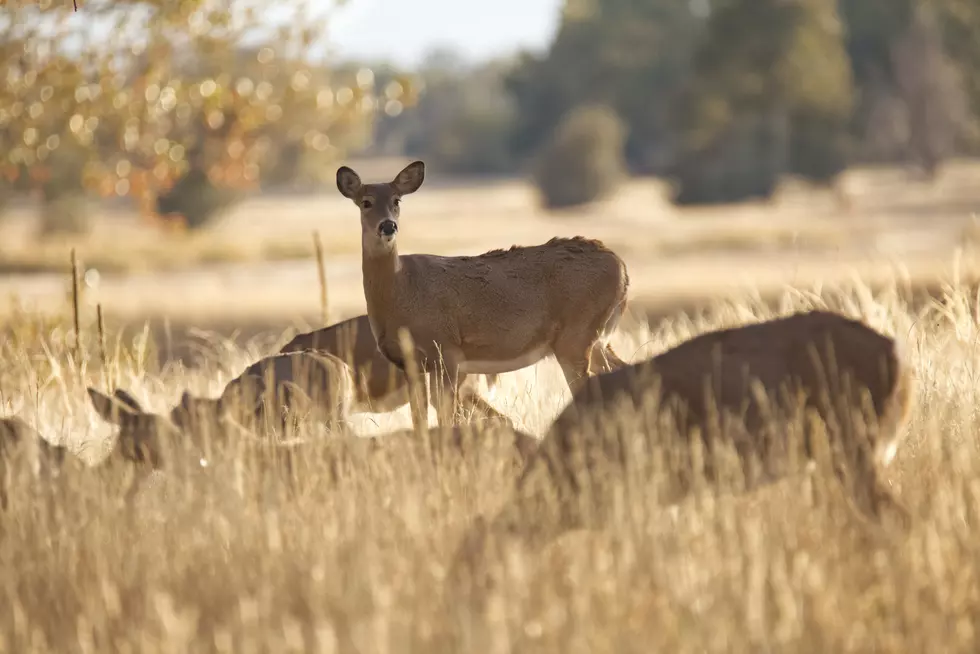
![Midwest Hunter Tags The Buck Of A Lifetime [PHOTO]](http://townsquare.media/site/672/files/2022/12/attachment-Feat-37.jpg?w=980&q=75)
